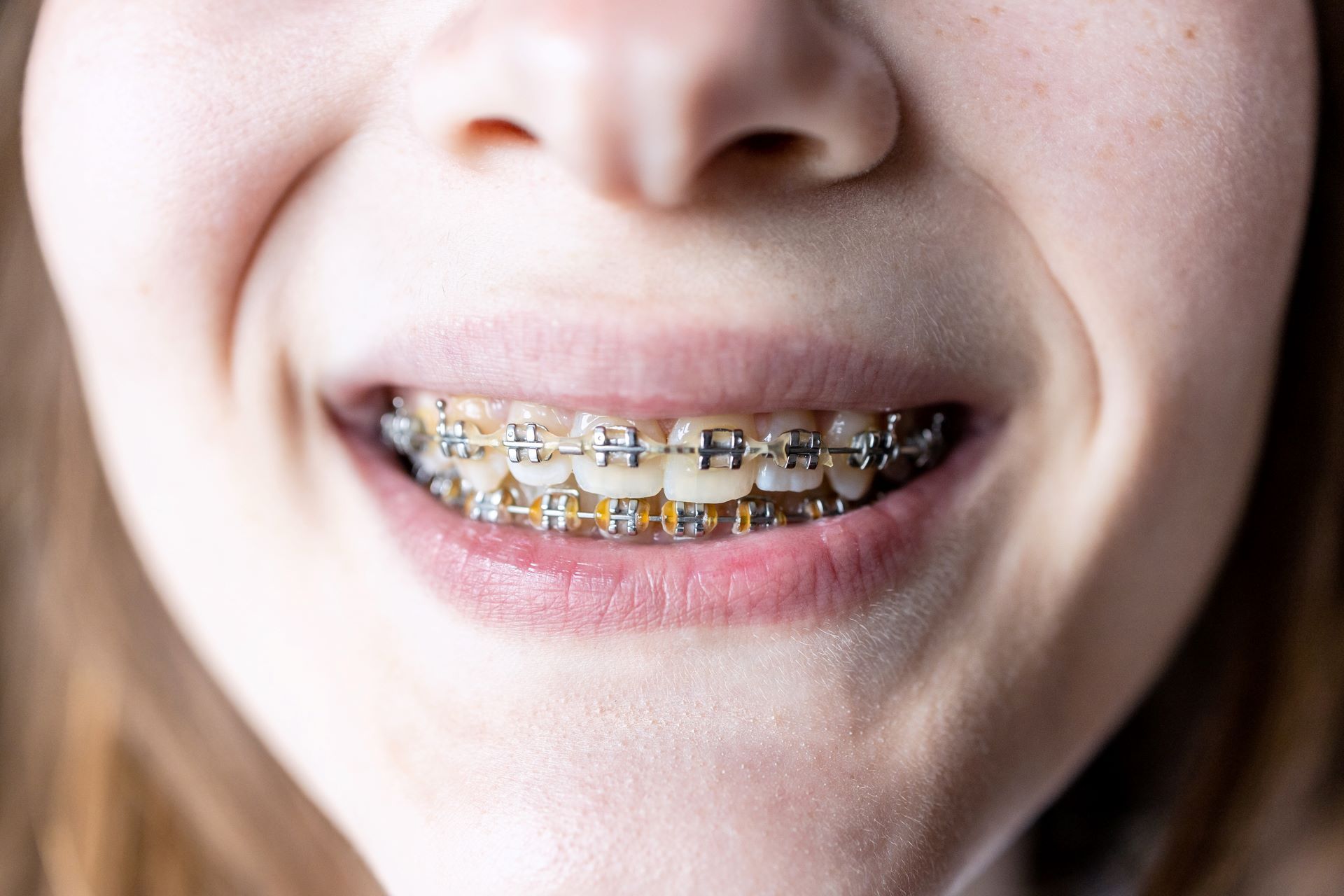Dental Science: How Do Fillings Work?
Maintaining optimal oral health is crucial, especially in childhood. A typical dental issue kids experience is the bacteria causing tooth decay.
Untreated cavities give rise to painful infections, leading to problems with eating, speaking, and even learning. Dental fillings are effective in treating and preventing further tooth decay.
This blog post will cover how fillings work and we will also highlight the importance of dental fillings, including maintenance tips to ensure their longevity and effectiveness.

Understanding Tooth Decay
Tooth decay, or dental caries, occurs when harmful bacteria in the mouth produce acids that erode the tooth enamel and lead to a cavity . Poor oral hygiene, excessive sugar consumption, dry mouth, and lack of enough fluoride, worsen this process among others. If left untreated, tooth decay can progress and cause pain, infection, or even tooth loss. Also, timely intervention is critical.
What Are Dental Fillings?
Dental fillings are restorative materials used to repair and restore the function and structure of teeth affected by decay. They help prevent bacteria from further damaging the tooth to ascertain long-term oral health.
A toothache, sensitivity to temperatures, or too sweet foods, including sudden or throbbing pain when biting or chewing, are the most common signs you might need a tooth filling. Being told you have cavities that require a filling is never a great feeling. Yet, it is the best solution for treating decayed portions of a tooth caused by cavities.
Types of Dental Fillings
Different types of dental fillings exist, each with unique characteristics and aesthetic appeal. The most common are:
- Amalgam fillings: made from a mixture of silver, tin, copper, and mercury. They are often used when it is challenging to keep the tooth dry.
- Composite resin fillings: a mixture of plastic and glass powder forms putty used to fill cavities in the front and back teeth for a more natural appearance.
- Gold cast fillings: consist of gold, copper, and other metal alloys. They're more durable than other filling materials and do not corrode or stain teeth.
- Ceramic fillings: made of porcelain, these dental fillings are more durable and match the natural color of teeth; therefore, they are preferred for inlays, onlays, crowns, veneers, and implants.
- Glass ionomer fillings: constructed from acrylic and a glass component called fluoro aluminosilicate. Although less appealing than composite fillings, materials in glass ionomers release fluoride and protect the tooth, making them ideal for people prone to cavities.
The choice of filling material depends on factors such as the location of the cavity, the extent of decay, and the child's individual needs. Dentists at
Sweet Tooth Pediatric Dentistry and Orthodontics can guide parents in selecting the most suitable option for their child's unique dental situation.
How Do Fillings Work?
Dental fillings work by sealing off the cavity created by tooth decay, which prevents further bacterial infiltration and damage. Before the procedure, the dentist administers local anesthesia to ensure the child's comfort throughout the process. Next, the decayed portion of the tooth is carefully removed, leaving behind a clean area ready for the filling.
The chosen filling material is skillfully applied to the cavity to form a secure bond with the remaining tooth structure. Shaping and polishing the filling is the last step that helps achieve a natural appearance and a comfortable bite.
Caring for Dental Fillings
Maintaining good oral hygiene practices is essential for the longevity and effectiveness of dental fillings. Parents should encourage their children to:
- Limit sugary foods
- Brush twice daily
- Floss regularly to remove plaque buildup
- Attend regular check-ups and fluoride treatments
Dentists at Sweet Tooth Pediatric Dentistry and Orthodontics Can Help
Dental fillings are of the essence to combating tooth decay and preserving dental health. Prompt treatment and proactive dental care practices prevent more damage and ensure long-term oral health.
If your child is experiencing tooth decay,
schedule an appointment with us today. Our experienced dentists provide personalized attention and compassionate care, and your child will receive the best possible treatment.
Pediatric Dentistry
Schedule Appointment
Book your appointment at one of our Sweet Tooth locations today.
First Time Visit?
There is no need to fear, Sweet Tooth is here! Let us help you ease the worry that can come with visiting the dentist for the first time.
Accepting New Patients





